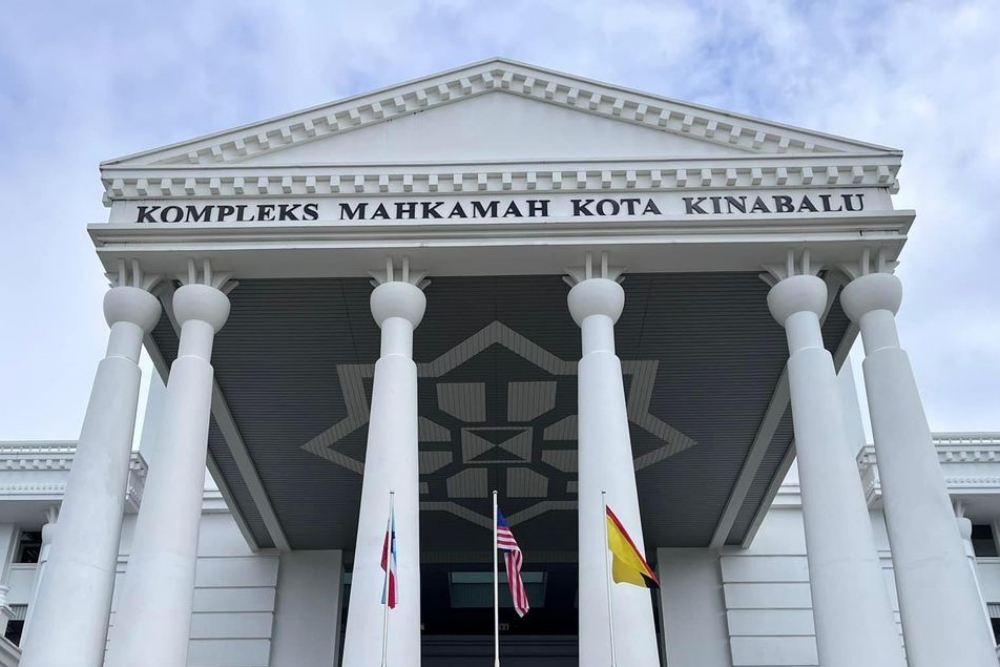ADVERTISE HERE

Mosta presented the award to Tropi at the Oils and Fats International Congress (OFIC) 2024 welcoming dinner in Kuala Lumpur last night..
KUCHING (Oct 23): The Sarawak Tropical Peat Research Institute (Tropi) has received the Tan Sri Emeritus Professor Augustine Ong International Special Award for Lifetime Achievement in the Industry Category, 2024.
The Malaysian Oil Scientists’ and Technologists’ Association (Mosta) presented the award at the Oils and Fats International Congress (OFIC) 2024 welcoming dinner in Kuala Lumpur last night.
Tropi also received Mosta Corporate Membership and RM5,000.
“This award is not just a recognition of our work but a testament to the dedication and resilience of every individual who has contributed to Tropi’s journey,” said Tropi director Datu Dr Lulie Melling.
“Tropi today is renowned and respected for its pioneering research on tropical peat and peatland. I wish to extend my heartfelt thanks to the award selection panel and Mosta for according this tremendous honour to Tropi.”
A press statement said Tropi stands as the world’s only dedicated research institute focused on tropical peatland, spearheading innovation for the sustainable cultivation of oil palm on these unique ecosystems while evaluating environmental impacts.
Founded in 2008 as the Tropical Peat Research Laboratory, Tropi has become a world-leading institute for tropical peatland research.
In 2010, Tropi in furtherance of research of greenhouse gas in tropical peatland pioneered the installation of three eddy covariance towers, which have been providing continuous greenhouse gas (GHG) emissions and carbon balance data for over a decade.
The research data garnered has contributed significantly to climate science making Tropi an influential player in global climate discussions, particularly for tropical peatland.
In 2015, Tropi expanded its research capacities by establishing a state-of-the-art research complex for tropical peatland.
This expansion induced significant collaborations with prominent institutions such as Hokkaido University, Nagoya University, the National Institute for Environmental Studies (Japan), the University of Tartu (Estonia), the University of Wisconsin (USA), and Leipzig University (Germany).
Tropi’s international partnerships have now extended further through networks such as Asia Flux, the Global Flux Network, and the Global Soil Biodiversity Network (Soil BON).
These collaborations have led to important exchanges leading to the development of innovative advances in sustainable peatland management and oil palm cultivation.
Through these global partnerships, Tropi has also been able to expand its research capacity by generating eight PhD, eight MSc graduates, and 10 ongoing postgraduate researchers.
Tropi has organised numerous conferences, workshops, and seminars, notably the 15th International Peat Congress in 2016 held here – the first time it was held in Asia outside Europe and North America.
With more than 60 publications in high-impact scientific journals, Tropi has made a significant contribution to the sum total knowledge and understanding of tropical peatland ecosystems.
Its long-term greenhouse gas data has been included in the Intergovernmental Panel on Climate Change (IPCC) reports, influencing global climate policy, and contributing directly to improvements in oil palm productivity and environmental sustainability.
Today, Tropi is known worldwide for its comprehensive credible data collection, use of state-of-the-art scientific equipment and for its research papers.
The institute’s research station in Maludam National Park is recognised as the best tropical peatland research facility in the world.
In addition, it is in the process of finalising its Research Information Management System (RIMS), which will further improve data management, analysis, and dissemination.
Its commitment to excellence in research is underlined by the accreditation of its chemistry laboratory to ISO 17025 standard.








 English (US) ·
English (US) ·